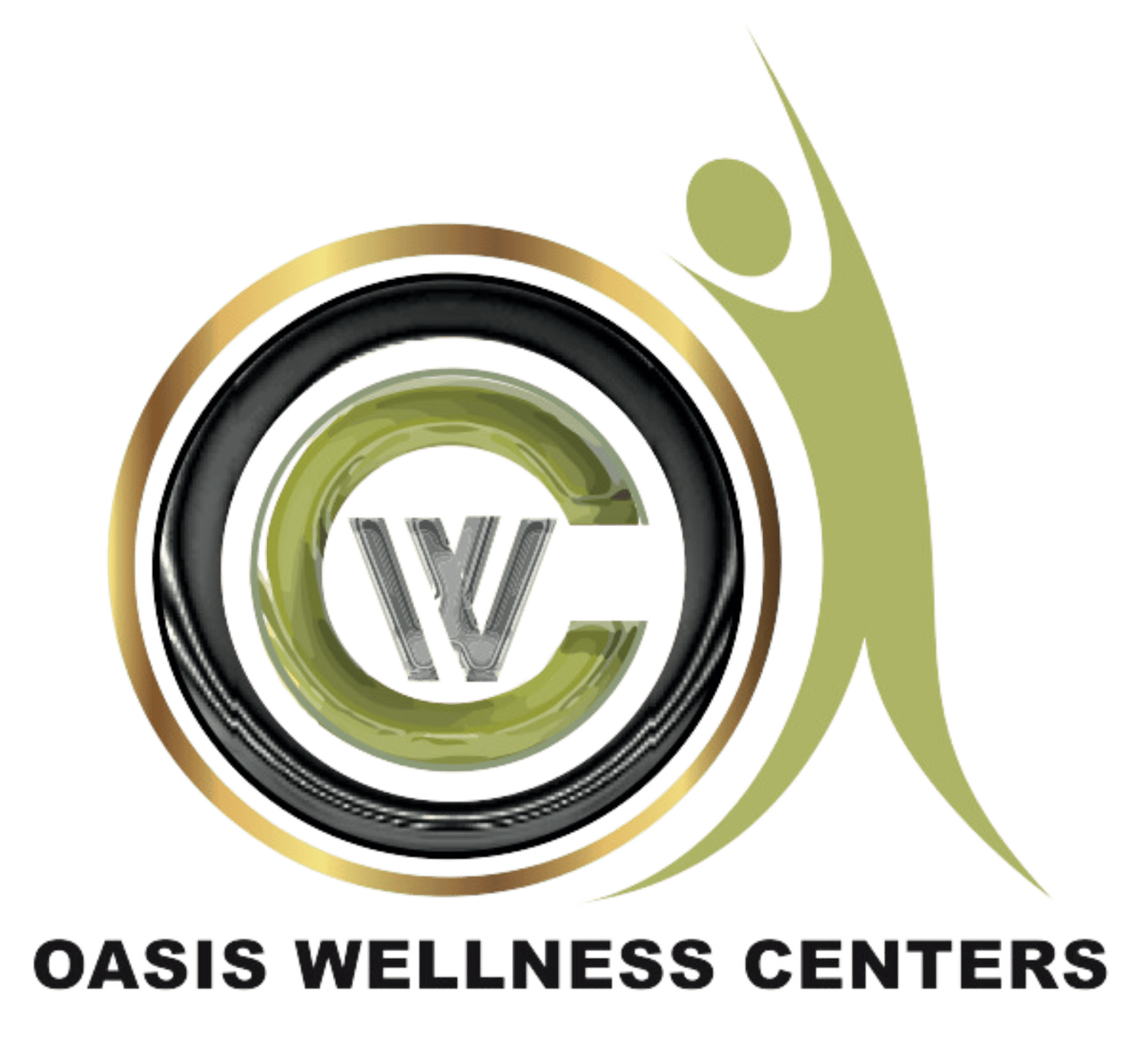Welcome back to our empowering journey in the "52 Weeks of Holistic Trauma Recovery." I’m Wellness Coach Liz Blanding, and it's always a pleasure to build with you on this transformative journey. This week, I'm thrilled to introduce a powerful tool that can play a critical role in recovery from trauma: Journaling for Emotional Release in Trauma Recovery.
In today’s post, we'll explore how the simple act of journaling can help individuals process emotions, track recovery progress, and ultimately find a deeper level of emotional freedom. Whether you're new to journaling or looking to deepen your practice, this session will provide valuable insights and practical tips to enhance your recovery journey.
For support on your journey to recovery schedule your free 20 minute discovery support session today.
As we prepare to delve deeper into Nature Therapy , I highly recommend incorporating The Get Trauma Informed Podcast into your support system. Listening to discussions and insights on trauma recovery can enrich your understanding and introduce you to perspectives and strategies that may resonate with your journey. Podcasts like this can be a powerful source of solace, education, and empowerment, offering voices of experience and expertise that align with the holistic approach we're embracing.
Join me as we dive into the therapeutic benefits of journaling, understand the best practices for effective emotional release, and discover how to create a safe, personal space for your thoughts and feelings through the written word.
Listed here are few journaling techniques for emotional release in trauma recovery:
1. Freewriting
Freewriting involves writing continuously without worrying about grammatical errors or cohesiveness. It allows you to express thoughts and emotions that may be too difficult to articulate otherwise.
How to do it:
- Set a timer for 5-10 minutes and write continuously. The key is not to lift your pen from the paper; just let your thoughts flow freely.
- Focus on what feels most pressing or significant at the moment, whether it's a recent event, a specific trauma-related memory, or your feelings right now.
2. Prompted Journaling
Using prompts can help guide your writing and delve deeper into specific feelings and experiences related to trauma.
Example Prompts:
- What feeling did I experience most today, and what do I think triggered it?
- Describe a situation where you felt safe and calm. What about it made you feel secure?
- Write a letter to your past self, offering the compassion and understanding you needed then.
3. Gratitude Journaling
Focusing on gratitude can shift your perspective from what’s problematic to what’s positive, which is beneficial in trauma recovery.
How to do it:
- Each day, write down three things you are grateful for and why. Try to be as specific as possible.
- Reflect on why these aspects of your life bring you joy or comfort, which can help reinforce positive emotions.
4. Dialogue Journaling
This involves writing a dialogue between different parts of yourself or between yourself and someone else (real or imagined).
How to do it:
- Write out a conversation with your younger self or with someone who has impacted your life. This can help you understand your emotions and reactions in a deeper way.
- Alternatively, dialogue with your emotions as if they were people. Ask them what they need and why they're present.
Best Practices for Journaling in Trauma Recovery
- Consistency is Key: Try to journal regularly—daily if possible. The routine can help you gain insight over time and see patterns that may emerge.
- Private and Safe Space: Ensure your journaling takes place in a space where you feel secure and won't be interrupted.
- Reflect on Your Writing: After journaling, spend a few minutes reflecting on what you’ve written. This can enhance self-awareness and promote Recovery.
Journaling is a personal and flexible tool, so feel free to adapt these techniques to fit your individual needs and preferences. By incorporating these practices into your daily routine, you can facilitate emotional processing and recovery in a profound way.
We are here for you, embrace your recovery. Remember, Trauma was not your fault, however Recovery is your responsibility. Until next time for support on your journey to recovery schedule your free 20 minute discovery support session today.



Comments ()